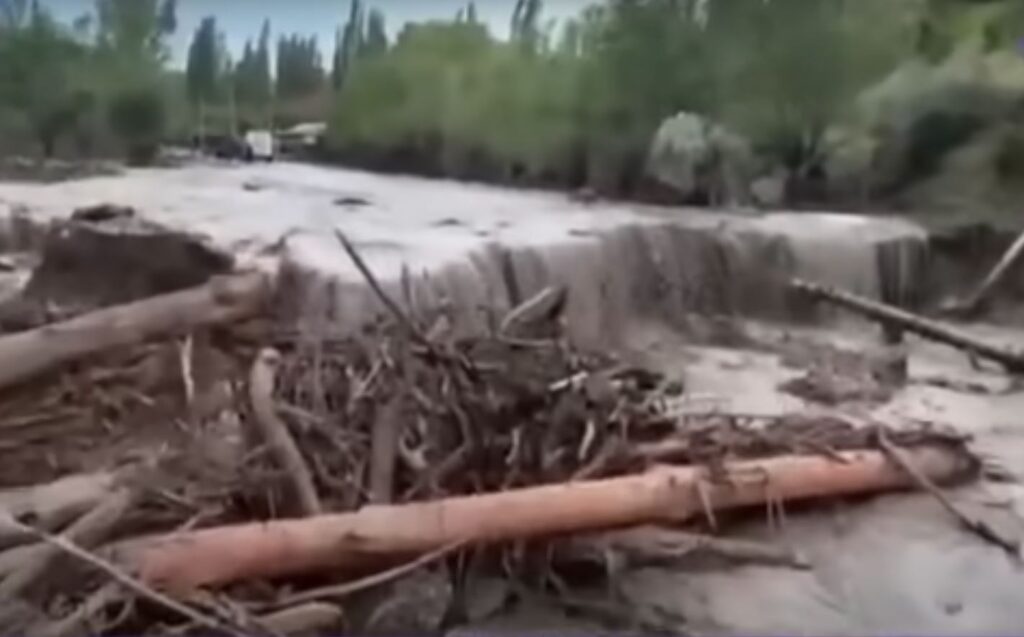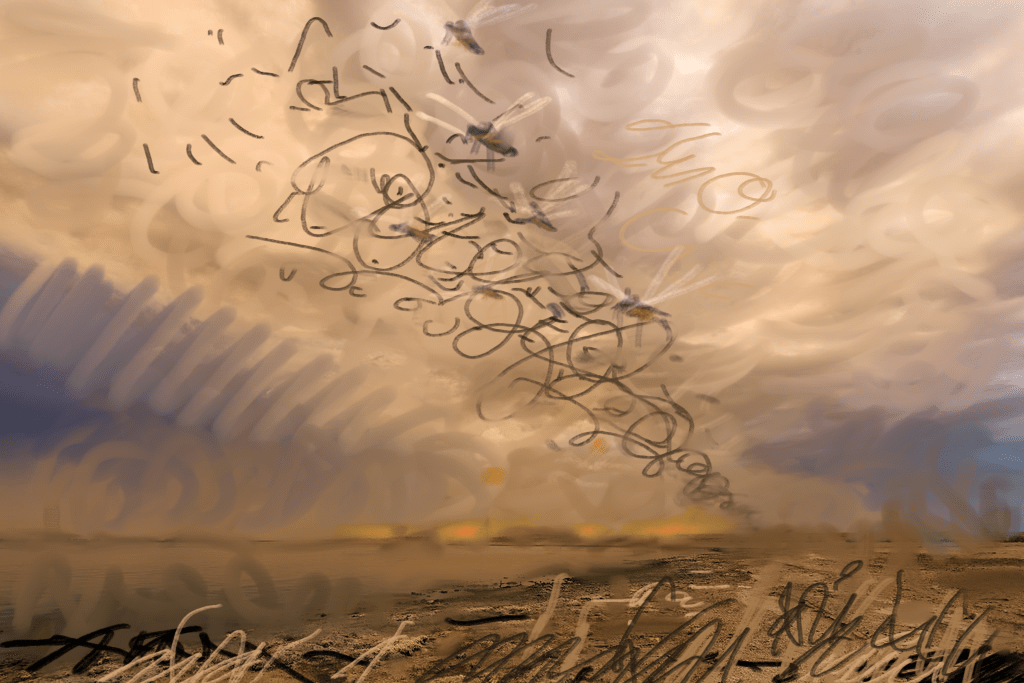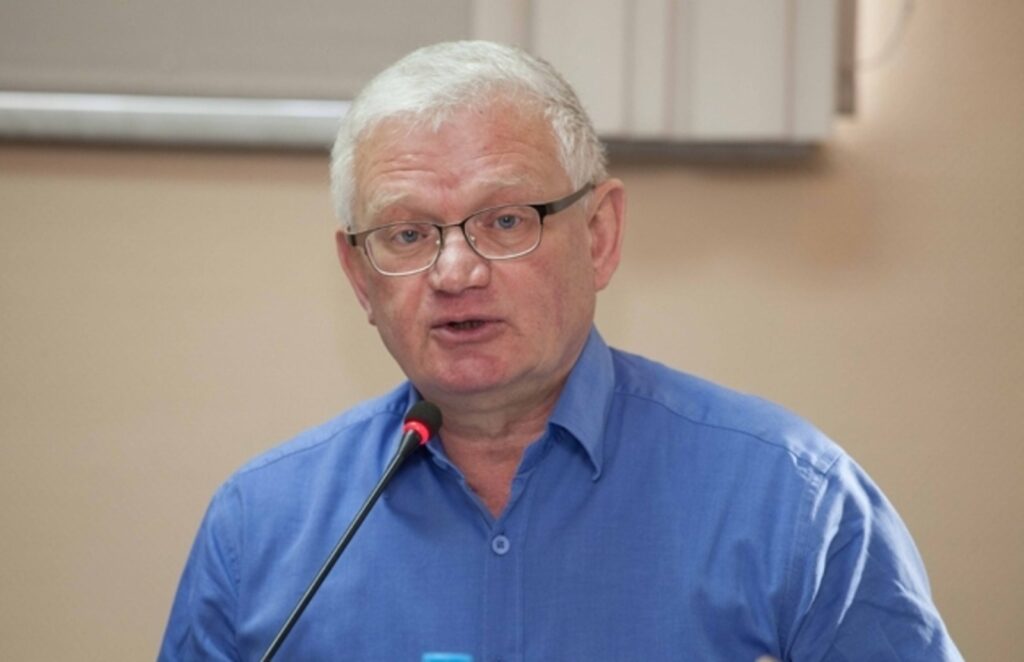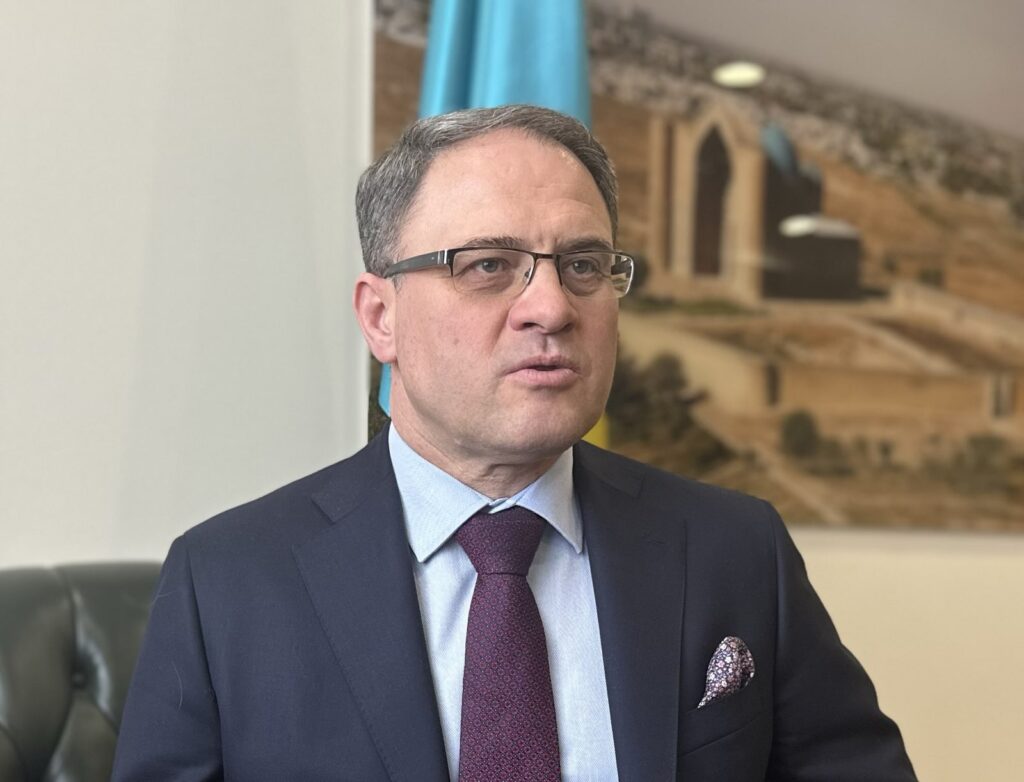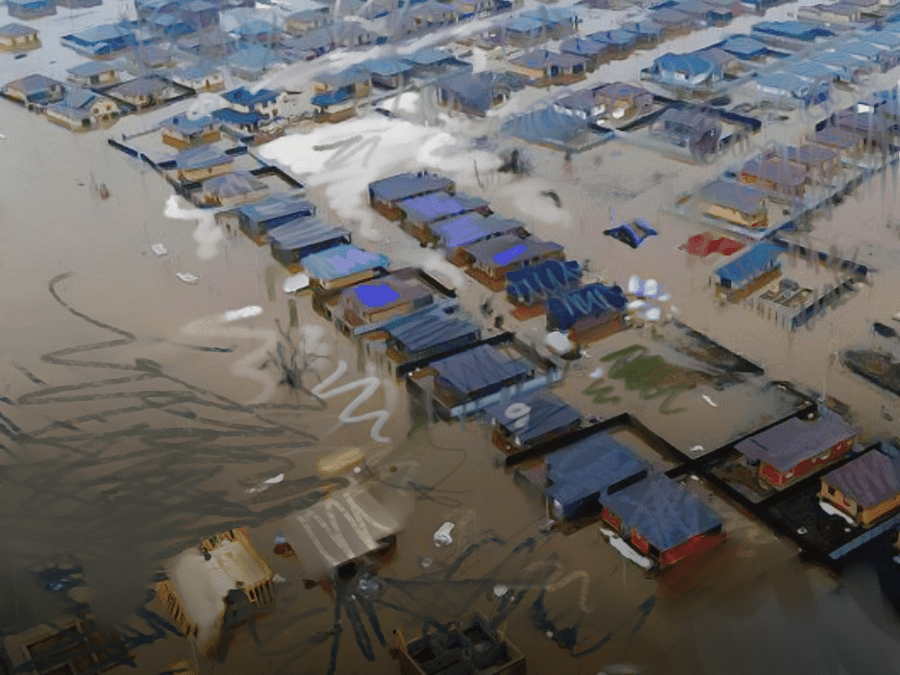Kazakhstan Proposes Mandatory Home Insurance Against Natural Disasters
Kazakhstan’s Agency for Regulation and Development of the Financial Market (ARDF) has introduced a draft law that would mandate insurance for residential properties against natural disasters. The proposed legislation, now available for public review on the "Open NPAs" portal, aims to establish a nationwide system of financial protection in the event of earthquakes, floods, and wildfires. A Response to Widespread Risk According to UNICEF, roughly 75% of Kazakhstan’s territory is vulnerable to natural hazards, yet only 3.2% of the country’s housing stock is currently insured. In Almaty, Kazakhstan’s largest city and a high-risk seismic zone, coverage reaches just 7.7%. The ARDF argues that compulsory insurance would help reduce fiscal pressure on the state by ensuring that regions most exposed to natural disasters have a legal safety net. The proposed policy would be regionally tiered based on risk level and priced between 1,000 and 20,000 KZT ($2 to $40) annually, roughly equivalent to the current property tax. Initially, payouts would cover urgent needs, up to 10 million KZT ($20,000), with future provisions extending to repair costs or the purchase of new housing. Subsidies are planned for socially vulnerable populations. The draft also envisions the creation of a dedicated state insurance organization to collect premiums and disburse compensation. The agency believes this model will accelerate post-disaster housing reconstruction and reduce budgetary strain. The proposal is open for public discussion until May 12. If adopted, the law is expected to come into effect in 2026. Drawing Lessons from Turkey The initiative draws heavily on Turkey’s experience, where a similar system has been in place since 2000. As National Bank analyst Janibek Asylbekov explained, both countries face comparable natural and geographic risks. In Turkey, compulsory insurance covers private homes and apartment buildings, with the state playing a central role through an insurance fund that partners with private firms. Asylbekov stressed the importance of leveraging digital technologies to streamline registration and payment processes, suggesting integration with routine systems such as utility billing. He also highlighted the need for public outreach, citing Turkey’s collaboration with its Ministry of Education to promote awareness among schoolchildren. To ensure accessibility, he recommends setting modest initial premiums that vary by region, taking into account local income levels and risk exposure. In Turkey, insurance rates differ based on factors such as property type, age, size, and the number of floors. Discounts are available for policy renewals and for older housing stock.

